People of the Year 2018
Recognising the exceptional work this year from teams and individuals alike
Over the last two weeks, GamesIndustry.biz has revealed its People of the Year, the individuals and teams who have excelled in 2018. From indie publishers and monolithic studios, to inclusion initiatives and workers rights groups, it's an eclectic mix.
Below, you can see the collected list of our People of the Year, accompanied by links to the individual articles and profiles. Feel free to leave your own suggestions in the comments section below.
The Xbox Adaptive Controller team
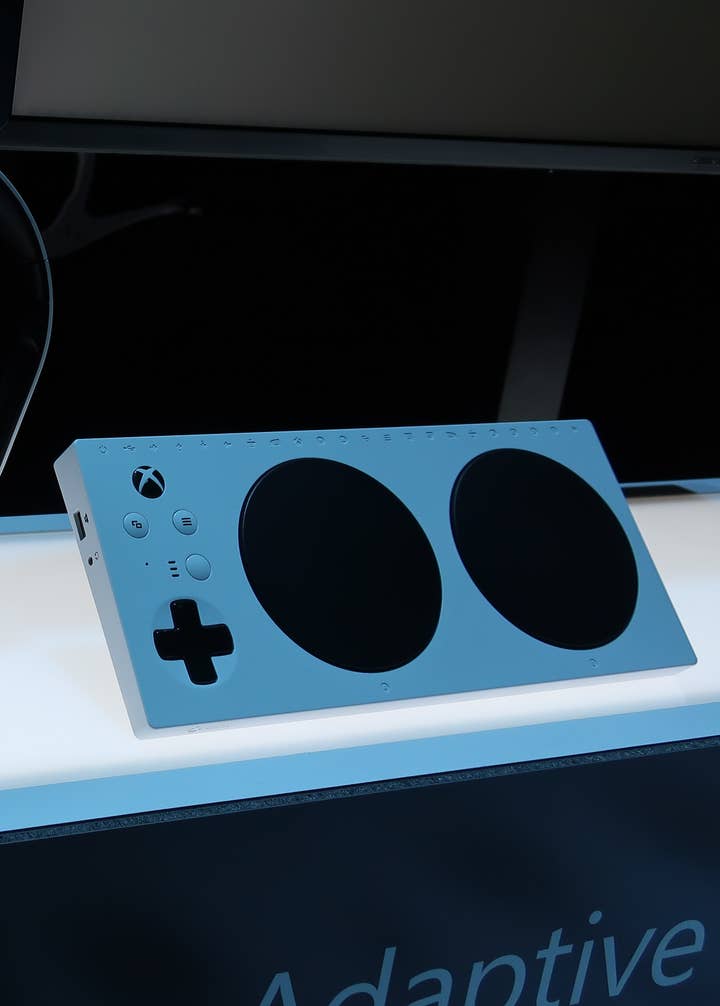
The Xbox Adaptive Controller team has shown that it is possible for a major industry player to prioritize accessibility, place it at the forefront, put time and money into it, and listen to the needs of the community that will use it. The end result has been an unmistakable success, and if Microsoft makes good on its promise to continue accessible development, the remainder of the industry will begin to appear more and more foolish for ignoring this essential task.
The people we honor when we celebrate the Xbox Adaptive Controller team are a large and diverse group of individuals, representing not only those who worked directly on the development of the controller, but also those who laid the foundations, provided feedback, and continued raising issues of accessibility to made the device possible. We celebrate the developers and designers, the testers and the marketers, the groups who offered advice and assistance, the people who designed the packaging and the peripherals, and everyone in between who rightly believed that we can and should all be able to play together.
You can read our full article on the Xbox Adaptive Controller Team here.
Lars Wingefors

At a time when we're losing count of how many new publishers are emerging, regardless of their focus or chosen niche, video games is becoming an increasingly competitive environment -- especially beyond the realm of AAA blockbusters. Having a hefty portfolio of well-known and well-loved IP under your belt gives you as good a chance to thrive as any, but actually capitalising on those properties and demonstrating how you plan to take them forward is the key to keeping those pre-established audiences interested in your product.
In 2018, Wingefors and his team at THQ Nordic have most certainly demonstrated that and show no signs of resting on their success thus far.
Yves Guillemot
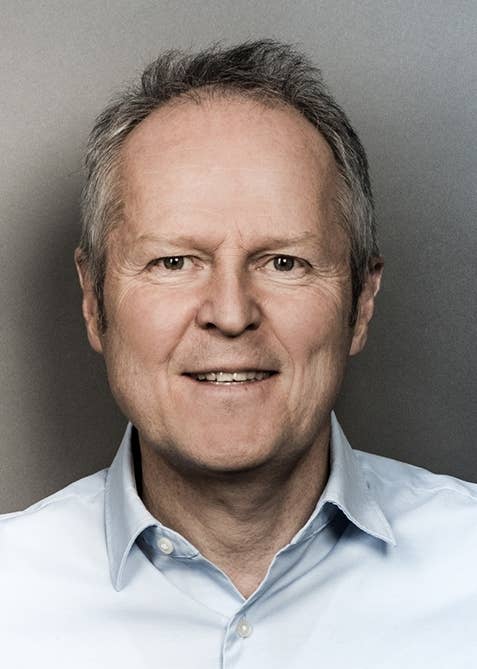
Whatever else happened for Ubisoft this year, we could have justified naming CEO Yves Guillemot one of our People of the Year based solely on the fact that he won his three-year battle with Vivendi to keep the media giant from completing a hostile takeover of the Assassin's Creed publisher.
With Guillemot in charge, Ubisoft has embraced unconventional thinking to a degree that is rare in the world of AAA publishers. Sometimes, that thinking works out brilliantly. Other times, not so much. As a company, Guillemot's Ubisoft has essentially always been like this. Not coincidentally, it's also enjoyed tremendous success.
This is the third time we've placed Guillemot among our People of the Year since 2012, and given his distinctive approach to the business of AAA publishing, there's a good chance it won't be the last.
Game Workers Unite
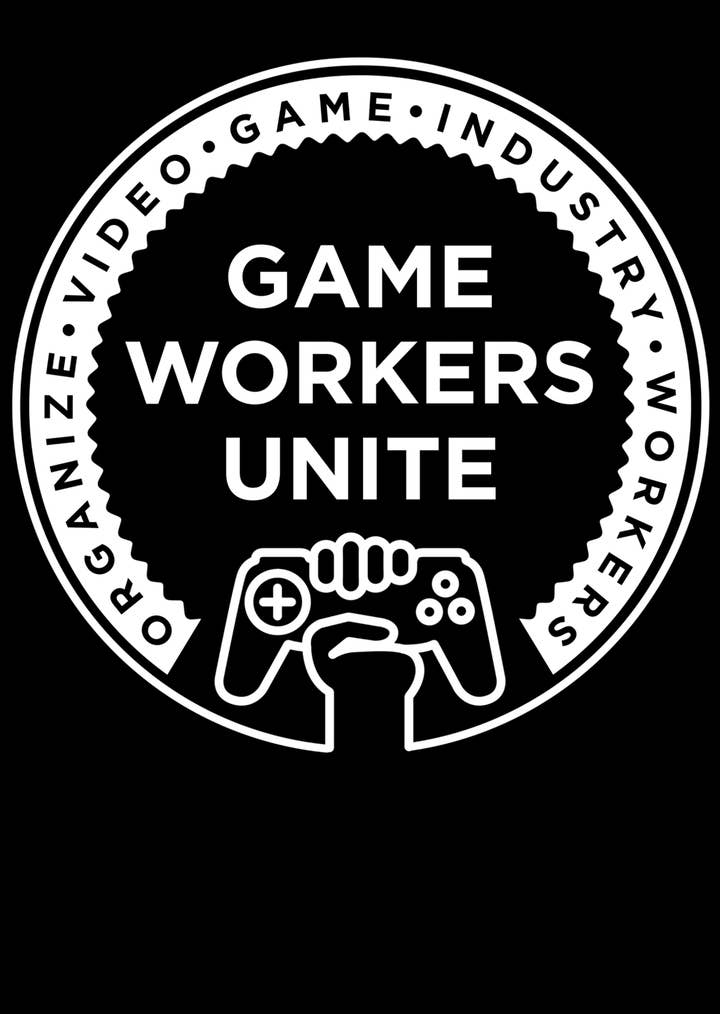
Ironically, the people leading the push to organize the games industry are largely doing it on the nights and weekends unions fought to give them off in the first place. Game Workers Unite is self-funded and volunteer driven, with no full-time employees. Core organiser Emma Kinema admits that isn't the most sustainable way to run the operation, but GWU is planning to file for non-profit status in the future so it can begin accepting donations.
Whether GWU ultimately succeeds in its attempt to organize the industry is undetermined, but the group is likely to improve labor conditions in the industry simply by existing. It is a clear warning to employers that the industry landscape is changing, that the norms of the past are no longer acceptable. And as Kinema noted, that leaves the industry with two choices: shape up and treat your employees better of your own volition, or continue as is, adding to a parade of horror stories and headlines that eventually lead to unionization and having some of these decisions taken out of your hands.
Annapurna Interactive

Two years since the offshoot of Annapurna Pictures emerged, the company has already made a lasting impression on the industry. While the Hollywood brand behind award-winning flicks such as Zero Dark Thirty and American Hustle was always going to turn heads, whether it could translate that success to the world of video games was much more questionable -- but no more.
The firm has released just three new titles this year, all of them acclaimed: Florence, the debut title from Ken Wong's new studio Mountains, Ben Esposito's wacky indie game Donut County, and the hotly anticipated RPG Ashen. Plus, it brought Gone Home to Nintendo Switch around the game's fifth anniversary, continuing its work of bringing established indie hits to new audiences.
You can read the full article on Annapurna Interactive here.
Phil Spencer
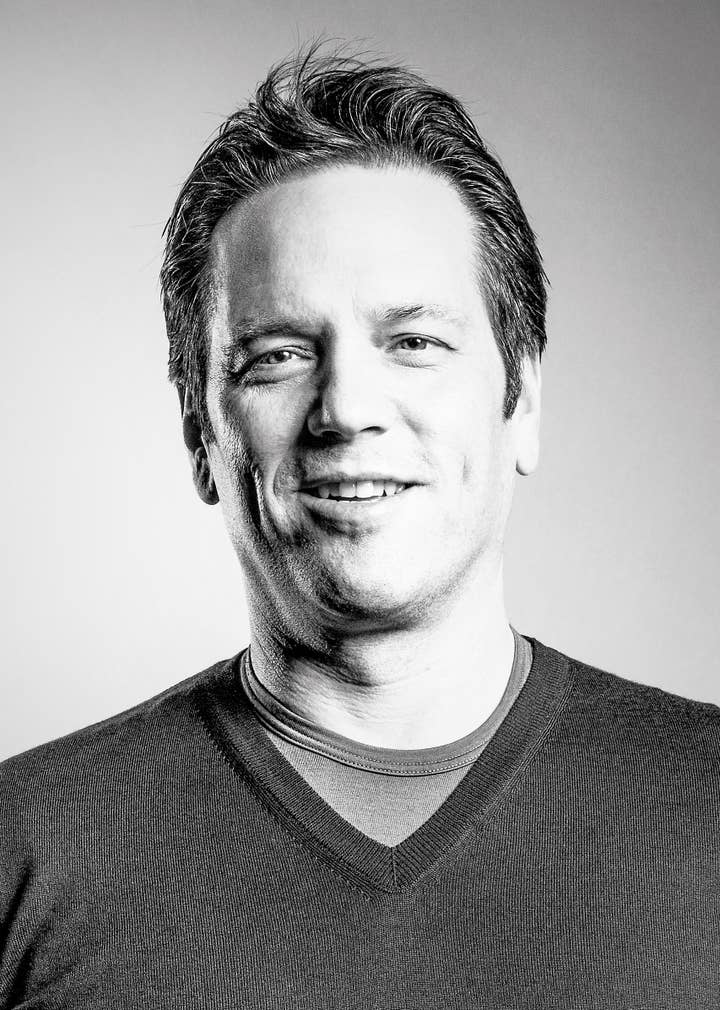
It was only a few years ago when Microsoft was closing studios and its hardware was suffering unfavourable comparisons to the competition. Xbox, so the story went, was out of touch and out of ideas.
Now, at the close of 2018, opinions are beginning to shift.
The Xbox strategy was made clear this year. As Nintendo focused on Super Smash Bros, and Sony ran out of things to announce, Microsoft used the opportunity to set out its vision for the next generation, and that vision is big, multi-faceted and hugely ambitious. It involves subscription services, streaming technology, multiple consoles, mobile, development services, PC ecosystems and even community platforms.
Some of these areas require exclusive content to succeed, and far from relying on third parties to do the heavy lifting, Xbox opened its wallet and acquired a string of established studios, including Playground Games, Ninja Theory, Compulsion Games, Undead Labs, Obsidian and InXile. The company has also built another development team called The Initiative.
Rami Ismail
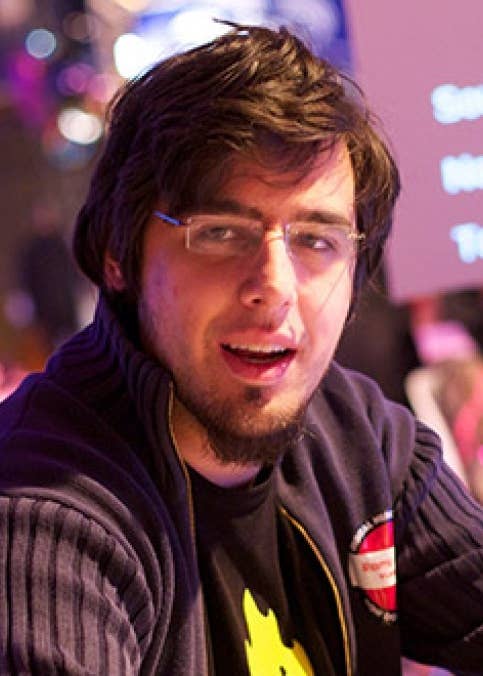
The games industry is now rightly and admirably engaged with issues around diversity and balance, but these discussions often take place within a bubble. Ismail not only reminds the people on the more privileged side that the bubble exists, but he also seeks to burst it by drawing attention and giving voice to those who find themselves on the outside.
"The language of games is supposed to be universal, but for most people around the world, the world itself is not accessible," Ismail told GDC attendees at this year's #1ReasonToBe panel. "I want to thank you for listening to those that you heard here today, but I want to ask you throughout the next year, and throughout your life, to listen to the people you do not hear, because they are not allowed to speak."
Hello Games

The story of Hello Games' rocky 2016 game release, its quiet year, and the success of its return is a rare one in the games industry, and is especially pleasing to hear given the awful year 2018 has been for studio closures and shuttered projects.
Despite showing every sign of ending as a cautionary PR tale, Hello Games has turned itself and No Man's Sky around. When Sean Murray emerged from his radio silence earlier this year, his tone was far more closed off than before, but still full of optimism. As he said himself to Waypoint:
"I am an optimist. And you can tell, hopefully... We're talking about some real fucking shit that we went [through] post-launch. You can use your imagination. You were aware of some of these things, you've written about some of these things. The bingo card of all the things the Internet can do. It ticked all of them. We did them all. It got as bad as it can get. And I still really love our community. And I'm still really excited about the game, having gone through all of those kind of things. We're still working on it, and we're the happiest we've been, and the game is like that. We are those kind of people."
Epic Games
Whether it's reaching 8.3 million concurrent players, breezing past $1 billion revenue from in-app purchases, or passing 200 million registered users, Fortnite is doing really rather well. After only a year, it's already among the pantheon of most successful games in the world along with Minecraft and League of Legends.
In fact, Fortnite is so successful that even Sony was ultimately forced to bend the knee and allow cross-platform play. After initially trying to suffocate the idea before it could gain traction, Sony offered some tepid, meandering responses that failed to address why it wouldn't facilitate cross-platform play with Fortnite. Ultimately, however, it buckled under the pressure and Fortnite became the first game to breach the divide, possibly -- if you're really optimistic -- setting the stage for a platform-agnostic future. Not even the might of Sony's market dominance, with over 86 million PS4s in the wild, could save it from the influence of Fortnite.








